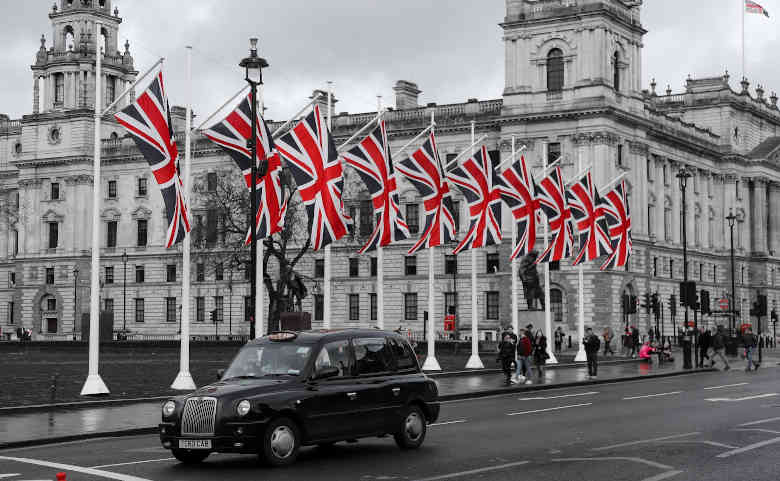CapX, June 5, Catherine McBride
The recent Politico story about finalising the UK Australian trade agreement adds some interesting colour to the UK’s first free trade deal since 1973. Its scathing account has been instantly picked up by the anti-Boris crowd and gleefully shared on social media as an apparent example of Johnson’s incompetence as a negotiator.
However, I suspect the then PM had a much better idea of the UK’s comparative trade advantages than most of his detractors. I also suspect they underestimate his shrewd political instincts.
The key thing to appreciate here it that it would have been very hard to fully leave the EU’s orbit if the UK still relied on European farmers to feed our population. As Henry Kissinger once said, ‘control food and you control the people’. What the Australian deal offered Johnson was a way to get out of the EU’s control of the UK’s food supply.
Although the popular press like to pretend that the UK is a large agricultural nation exporting food all over the world, that is far from reality. The UK is a small country, with a large affluent population, which was importing food from its far-flung colonies and then the Commonwealth for hundreds of years before it joined the EU. Since 1973, however, the UK has relied heavily on imported food from the EU to feed its population.
At the time the UK-Australia deal was being negotiated, selling British manufactured products to Australians tariff-free would have been extremely interesting to British companies. Although Australia exports a lot of coal, gas, precious metals and other minerals, the only thing that Australia had of interest to the UK was its agricultural goods. I believe Johnson recognised this was also his way out of the UK’s over-dependence on EU producers, who supplied over a quarter of our food and drink.
Click here to read the piece in full.

